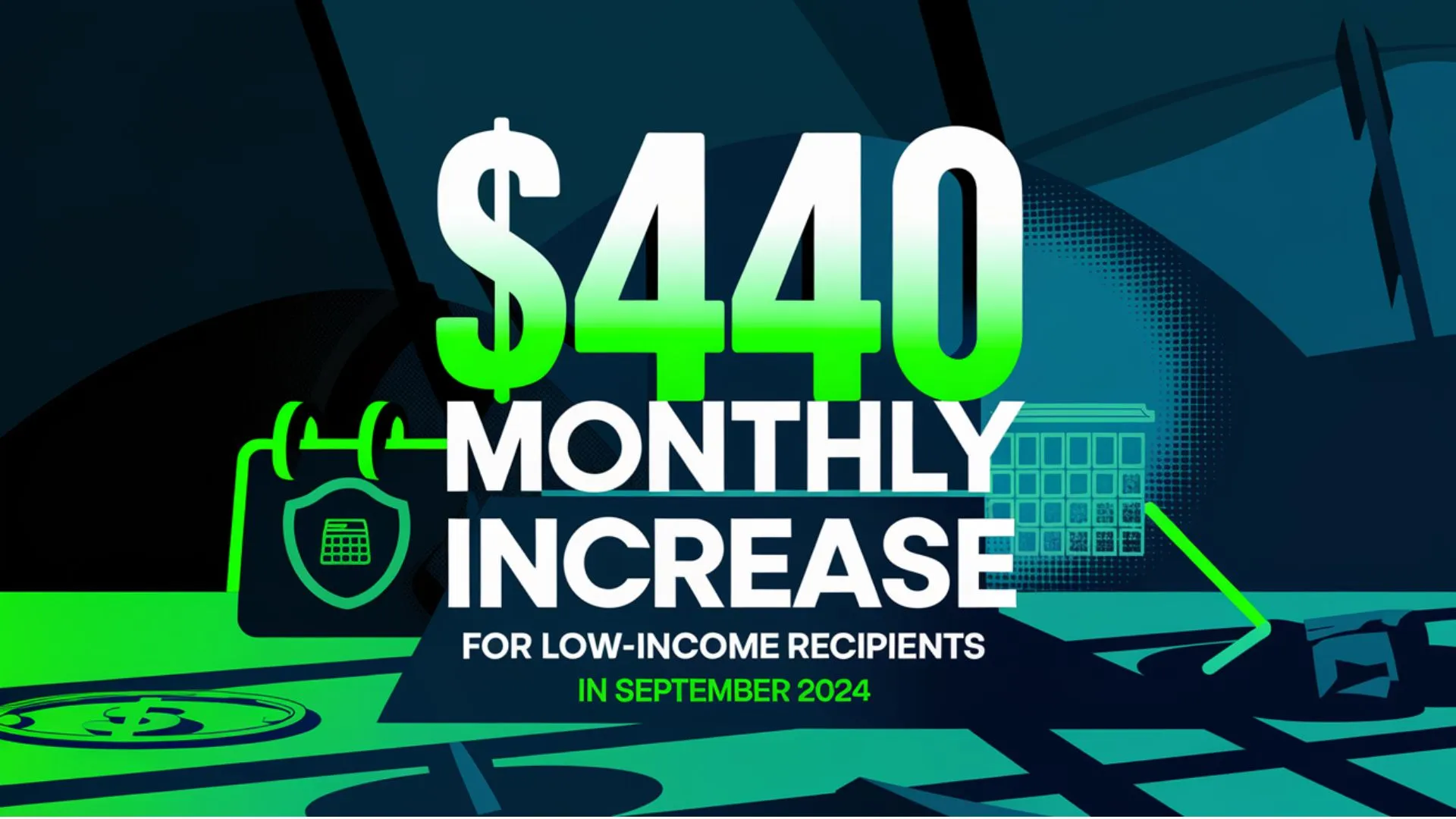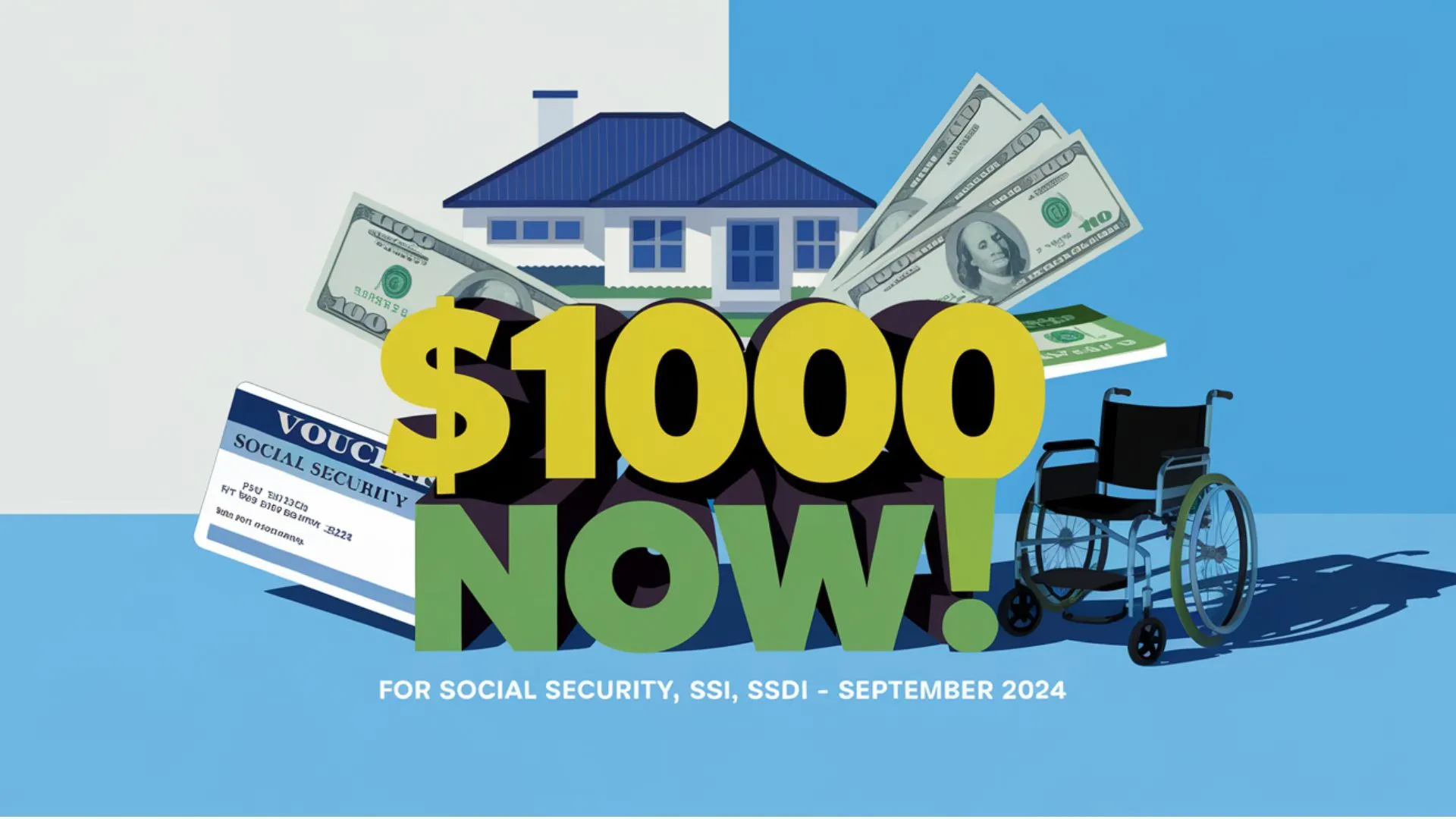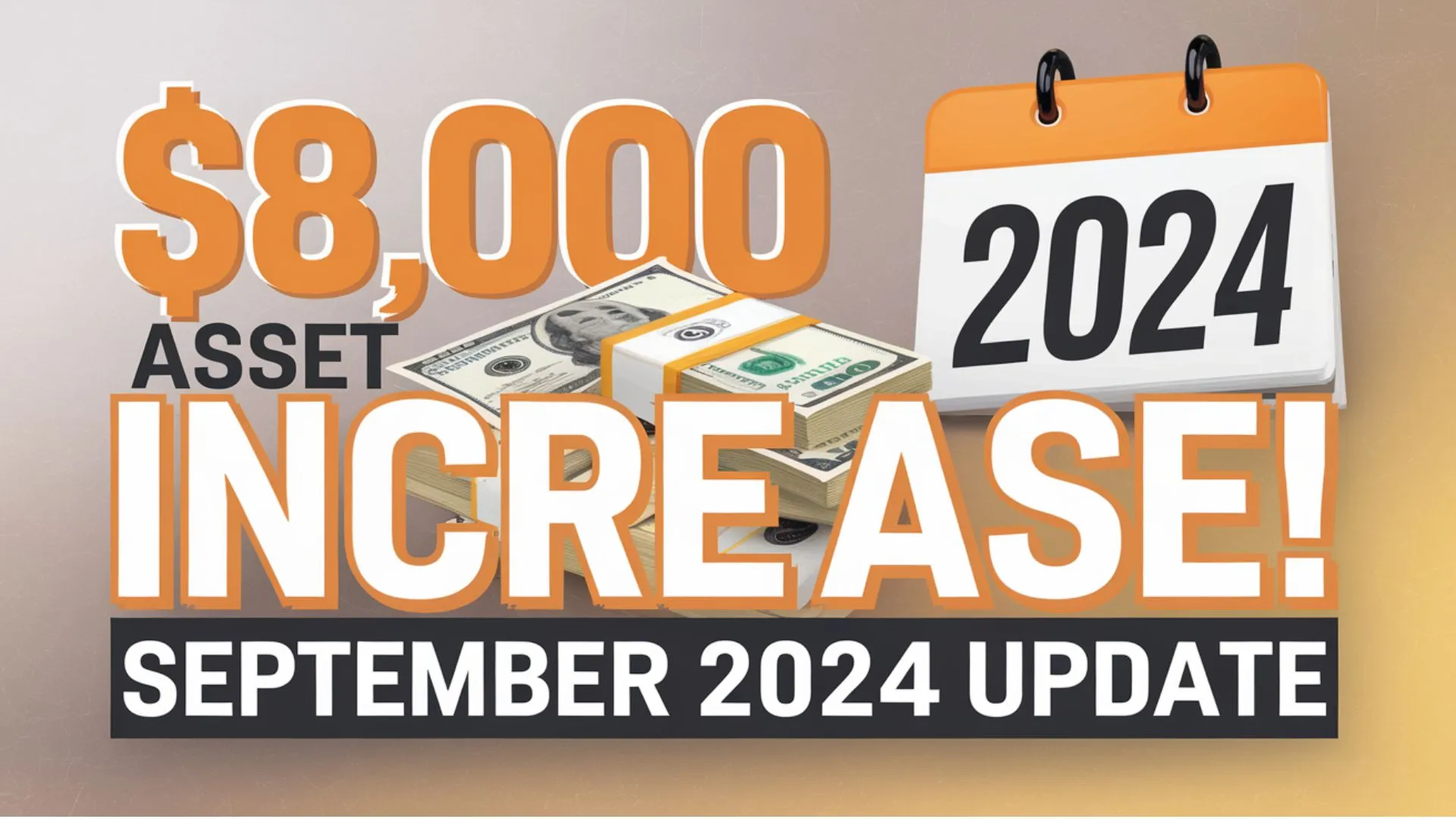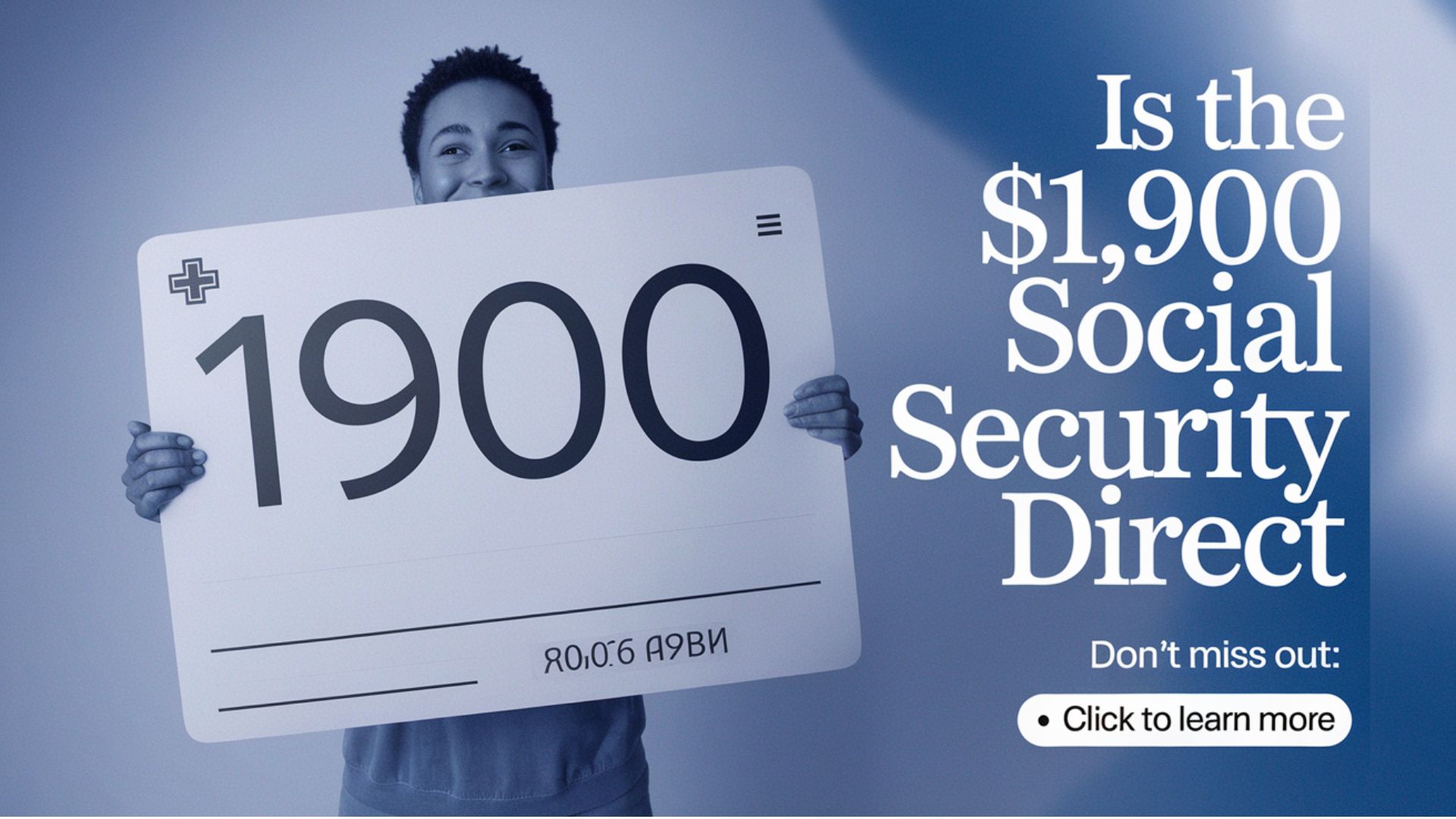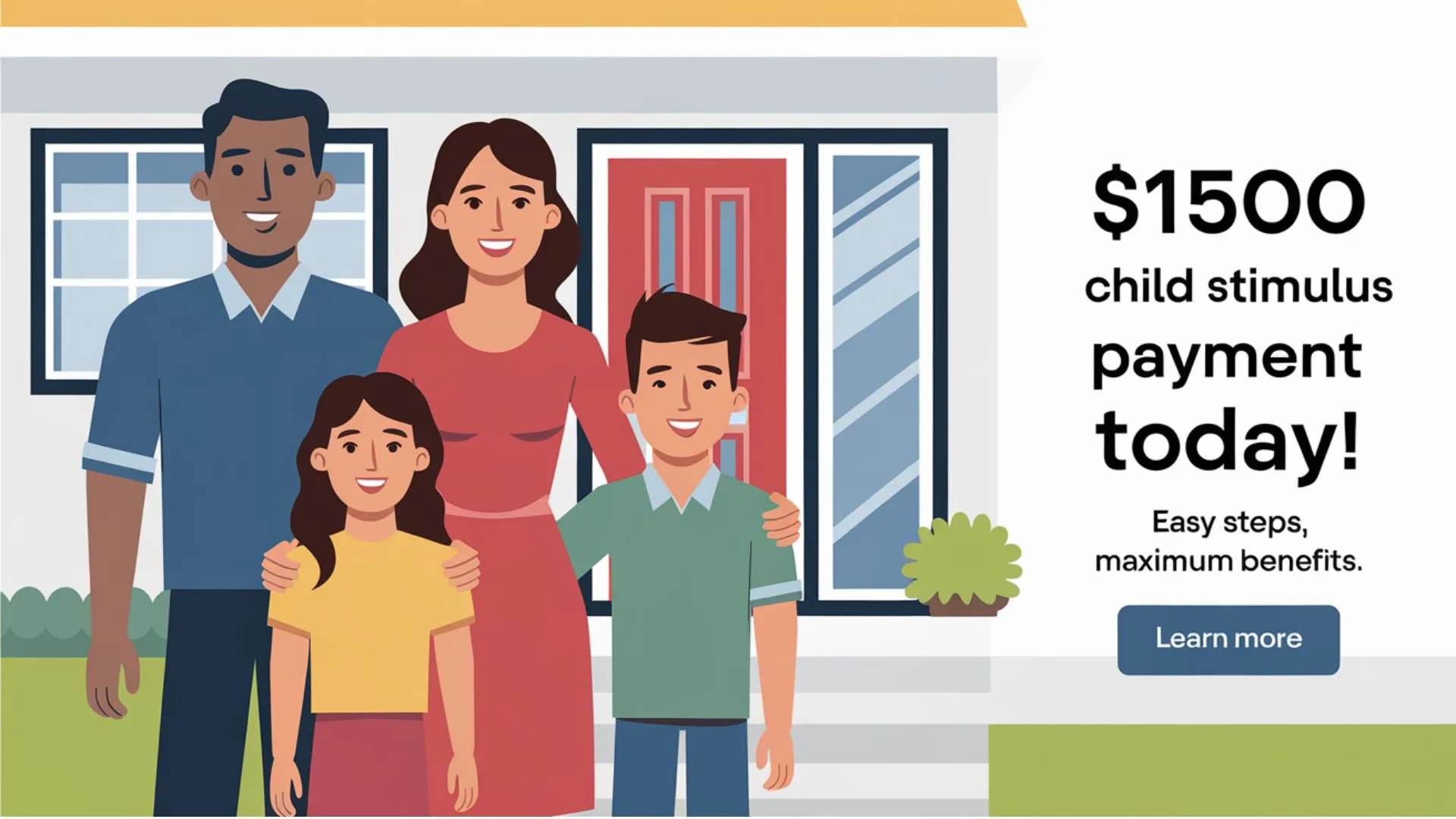SNAP Benefits Update (April 2024): In 2024, significant changes are being proposed to the Supplemental Nutrition Assistance Program (SNAP) across four states: Kentucky, Maryland, Nebraska, and West Virginia. These proposals could impact how millions of Americans access and use their SNAP benefits. From stricter eligibility requirements to new security measures, these changes are set to influence the lives of those relying on this vital food assistance program.
SNAP Benefits Update (April 2024)
SNAP benefits, also known as food stamps, provide essential assistance to low-income individuals and families, ensuring they have access to nutritious food. However, recent legislative proposals across four states could introduce stricter rules, new eligibility requirements, and even changes in the types of food SNAP recipients can purchase. Additionally, new security measures are being considered to prevent fraud, particularly related to card skimming.
This article explores these proposed changes in detail and how they may affect SNAP recipients in Kentucky, Maryland, Nebraska, and West Virginia.
SNAP Benefits Under Threat: Key Changes in Kentucky, Maryland, Nebraska, and West Virginia
Several states are considering changes that could make it harder for individuals to access SNAP benefits. Here’s a breakdown of what each state is proposing:
Kentucky: Stricter Financial Eligibility Requirements
In Kentucky, lawmakers are pushing for stricter financial asset tests and income requirements for SNAP recipients. Under the proposed changes, the gross income limit for eligibility would be reduced from 200% of the federal poverty level to 130%. This reduction would make it more difficult for many families to qualify for food assistance, particularly those who are just above the poverty line but still struggling to afford basic necessities.
These changes could potentially exclude thousands of individuals who currently rely on SNAP to put food on the table. The intention behind these changes is to ensure that only the neediest receive assistance, but critics argue that it unfairly targets low-income families who are already facing financial difficulties.
Maryland: Restrictions on Food Choices for SNAP Recipients
Maryland is considering a controversial proposal to limit the types of food SNAP recipients can purchase. The focus is on eliminating unhealthy options from the list of eligible items. The first step in this process would be to restrict the purchase of sweetened beverages using SNAP benefits.
Proponents of the bill argue that this move is aimed at promoting healthier eating habits among low-income families, which could reduce long-term healthcare costs associated with poor diets. However, opponents contend that it imposes unfair restrictions on personal choice and could make it even harder for families to meet their dietary needs.
Nebraska: Work and Training Program for SNAP Eligibility
In Nebraska, lawmakers are proposing a work and training requirement for able-bodied SNAP recipients. Under this proposal, individuals who are not employed would be required to enroll in a work or training program to continue receiving benefits. This measure is intended to encourage job training and employment, reducing dependency on government assistance.
The requirement would apply to all able-bodied adults without dependents, and it mirrors similar proposals in other states. Critics, however, argue that such measures could disproportionately affect individuals who face barriers to employment, such as lack of access to transportation or affordable childcare.
West Virginia: Expanding Work Requirements for SNAP Recipients
West Virginia is also considering expanding work requirements for SNAP recipients. Currently, able-bodied adults without dependents must meet certain work requirements to qualify for benefits. A new proposal seeks to raise the age limit for this requirement from 52 to 59, affecting a broader group of individuals.
Like Nebraska, this measure aims to reduce reliance on government assistance by encouraging work and self-sufficiency. However, it raises concerns about the potential impact on older adults who may face more significant challenges in finding employment.
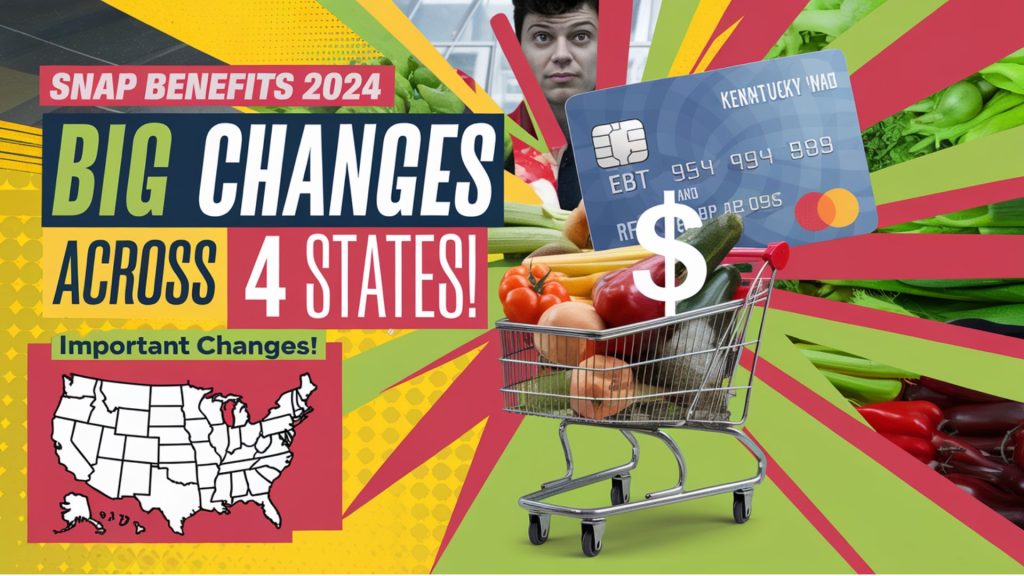
Security Enhancements: Microchips in SNAP EBT Cards
Another significant proposal involves the introduction of microchips in SNAP Electronic Benefit Transfer (EBT) cards. The goal of this measure is to combat card skimming, a form of fraud where thieves steal funds from SNAP recipients by copying card information.
What Are Microchips and How Will They Help?
Microchips, similar to those found in credit and debit cards, would add an extra layer of security to SNAP EBT cards. These chips make it more difficult for criminals to skim card information and use it to make unauthorized purchases. The proposal to introduce microchips in SNAP EBT cards was put forward by a U.S. senator from Oregon, who highlighted the need for enhanced security to protect low-income families.
Currently, no state issues chip-enabled SNAP EBT cards, but states like California are in the planning stages of transitioning to this more secure system. While this measure could help prevent fraud, some experts argue that it only addresses the symptoms of a larger problem and may not fully eliminate the risks associated with card skimming.
Key SNAP Benefit Changes by State (2024)
| State | Proposed Changes | Impact on Recipients |
| Kentucky | Stricter financial asset tests, reduced income limits | Fewer families will qualify for SNAP benefits |
| Maryland | Restrictions on the purchase of unhealthy foods | Limits personal choice, promotes healthier eating habits |
| Nebraska | Mandatory work and training program for eligibility | Increased employment but potential challenges for some recipients |
| West Virginia | Expanded work requirements, raising age limit to 59 | Affects older adults, encourages self-sufficiency |
Additional Support for SNAP Recipients in New York
While some states are making it harder to access SNAP benefits, New York is taking a different approach. A new proposal aims to increase the minimum SNAP benefits for recipients in the state. Currently, the minimum benefit is set at $23 per month, but there are proposals to raise this amount significantly.
- Double $600+$750 Stimulus Checks: Who is Eligible, Payment Dates
- $6000 Stimulus Checks: A Lifeline for Struggling Households
Minimum SNAP Benefit Increase in New York
SNAP Benefits Update (April 2024) One proposal from New York State Senator Leah Webb seeks to increase the minimum SNAP benefit to $50 per month. Another proposal goes even further, suggesting an increase to $100 per month. These increases would provide much-needed relief to low-income families in New York, where the cost of living is notoriously high.
The state is also looking to allocate an additional $50 million to establish a SNAP minimum benefits program, ensuring that families in need receive adequate support.
Proposed SNAP Benefit Increases in New York
| Proposal | Current Minimum Benefit | Proposed Minimum Benefit |
| Leah Webb’s Proposal | $23 per month | $50 per month |
| Additional Proposal | $23 per month | $100 per month |
Conclusion
SNAP Benefits Update (April 2024) The proposed changes to SNAP benefits in Kentucky, Maryland, Nebraska, and West Virginia could significantly impact millions of Americans who rely on this program for food assistance. While some states are tightening eligibility requirements and imposing new restrictions, others, like New York, are working to increase support for low-income families. Additionally, new security measures, such as the introduction of microchips in SNAP EBT cards, aim to protect recipients from fraud.
As these proposals move forward, it is essential for SNAP recipients and advocates to stay informed and engaged in the legislative process to ensure that the program continues to provide vital assistance to those in need.
FAQ,s – SNAP Benefits Update (April 2024)
What is SNAP?
SNAP (Supplemental Nutrition Assistance Program) is a federal program that provides food assistance to low-income individuals and families. It helps ensure that they have access to nutritious food.
How will the proposed changes in Kentucky affect SNAP recipients?
In Kentucky, lawmakers are proposing stricter financial asset tests and income limits for SNAP eligibility. This could make it harder for many families to qualify for benefits.
Why is New York increasing SNAP benefits?
New York is increasing SNAP benefits to provide additional support to low-income families, particularly in light of the high cost of living in the state. The proposed increases would raise the minimum benefit to $50 or even $100 per month.

